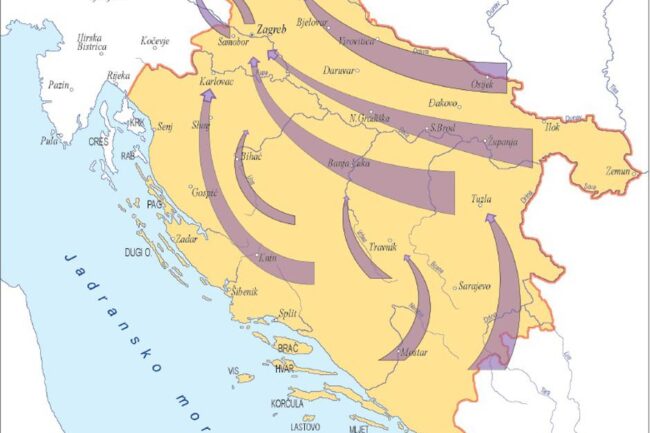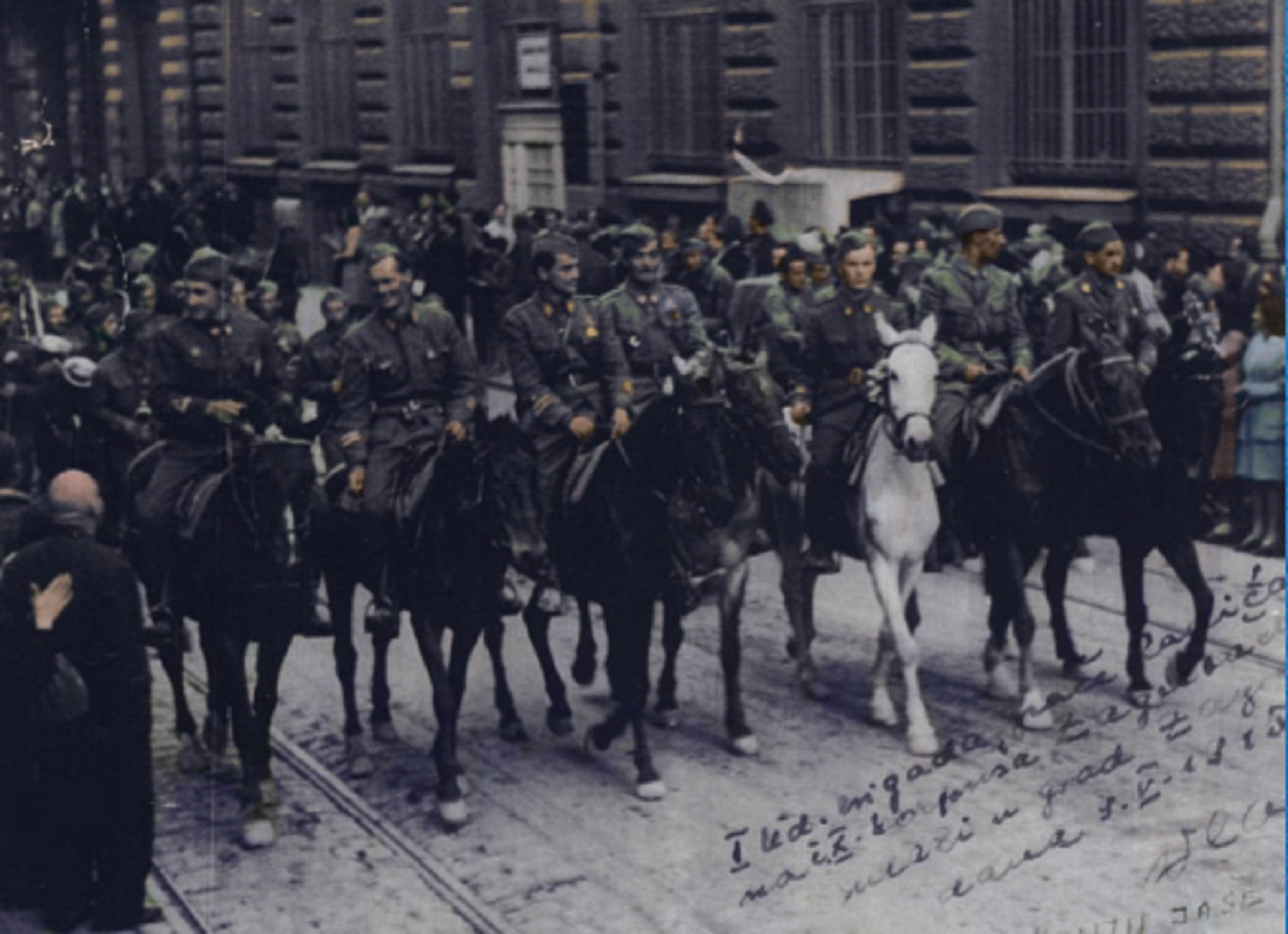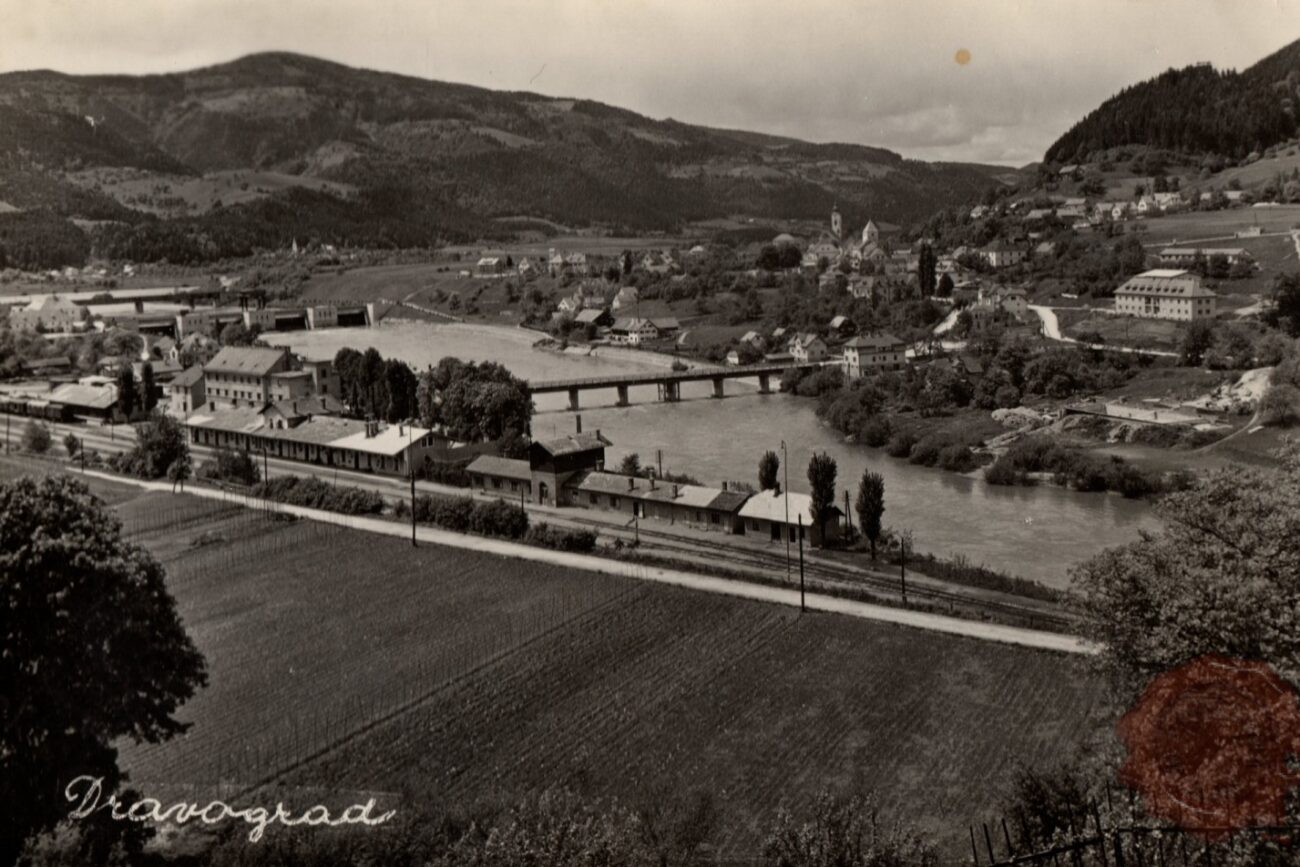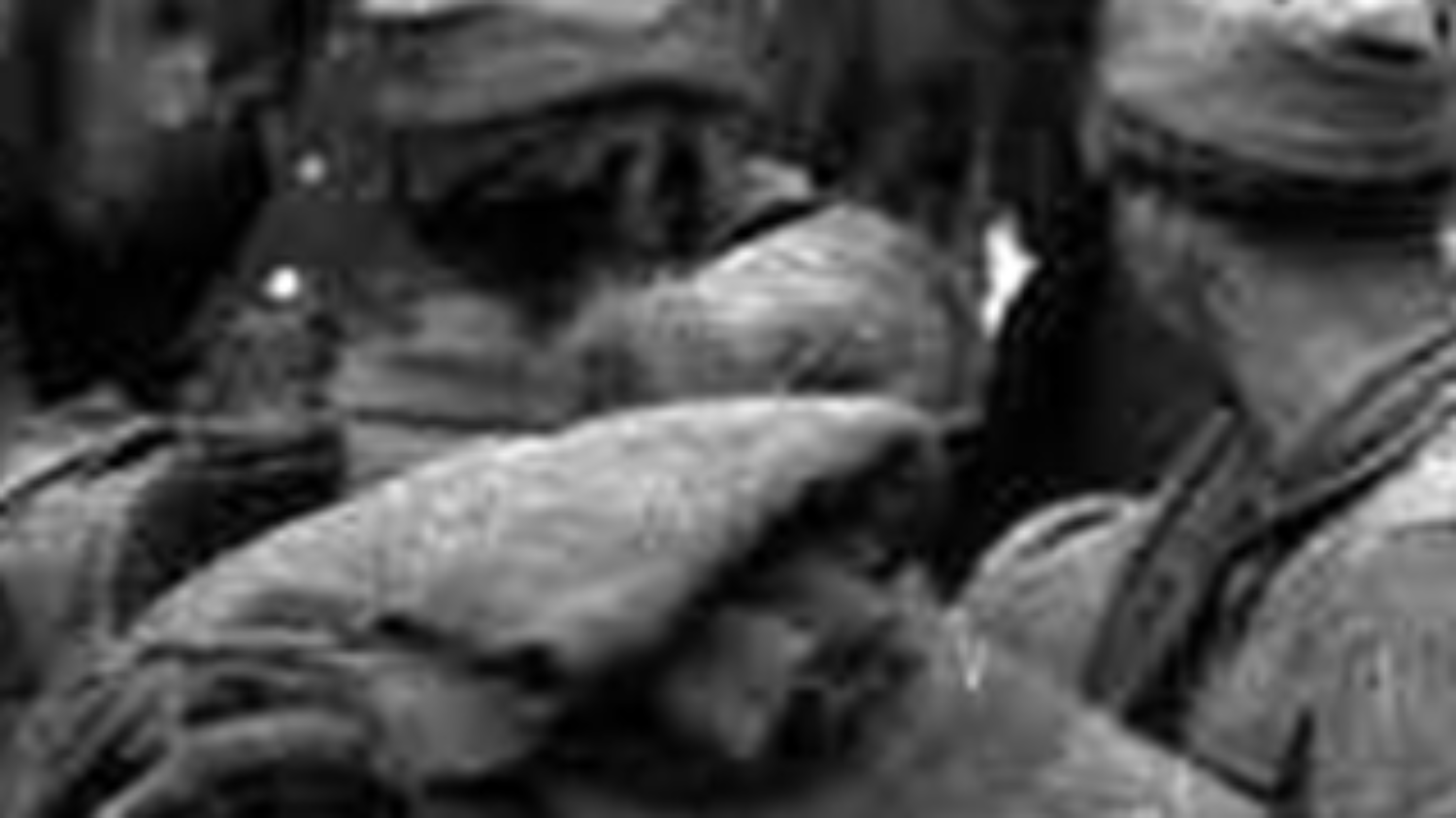Zagreb to Bleiburg, 3–14 May 1945
Memorandum
The Government of the Independent State of Croatia sent a Memorandum to the Allied Force Headquarters for the Mediterranean at Caserta (Italy) with an offer to keep fighting the Yugoslav army and communists together. The British supreme allied commander for the Mediterranean, Field Marshal Harold Alexander rejected the offer and expressed his loyalty to his current allies in the Yugoslav theatre, i.e. to Tito and the Yugoslav Army.
Decision to Abandon Zagreb
The leadership of the NDH decides to abandon Zagreb and flee to the west, along with members of its armed forces and civilians, hoping to surrender to the British or US forces.
Retreat from Zagreb
The retreat from Zagreb begins. Ante Pavelić, members of the NDH Government, and the Main Ustaše Headquarters (Glavni ustaški stan) leave Zagreb and stop at Novi Dvori near Zaprešić.
Rogaška Slatina
Ante Pavelić and his entourage set out toward Rogaška Slatina (German: Rohitsch-Sauerbrunn), arriving there in the evening.

Routes of retreat of the Croatian Armed Forces and civilians before the Yugoslav Army’ advance (from Božo Vukušić’s monograph Bleiburg Memento, Zagreb, 2005)
Civilians and Army Leave Zagreb
Simultaneously, the civilian population and members of the army were leaving Zagreb and heading toward Celje (German: Cilli) and Maribor (German: Marburg an der Drau), hoping to reach Austria. Alongside Croatian soldiers and civilians, the refugee column also included Serbian and Montenegrin Chetniks, Cossacks, who were joined along the way by members of the Slovenian Home Guard as well.
Notification
Colonel General (Generaloberst) Alexander Löhr, Commander of Army Group E, officially notifies Pavelić about the capitulation of the Third Reich and cessation of all military activities of German army units in the Yugoslav theatre.
Heading toward Maribor
With his innermost circle, Pavelić leaves the remaining NDH officials in Rogaška Slatina and sets out toward Maribor, while the rest continue to Celje. After crossing the Austrian border and spending a number of days trying to find his way through the local forests and mountains, Pavelić manages to reach the American zone in Austria.
Partisan Units
The first Partisan units enter Zagreb.

Source:Telegram.hr
Yugoslav Army units entering Zagreb, May 1945
Fighting
Final fights between members of the German and NDH armed forces with soldiers of the Yugoslav Army on the northern outskirts of Zagreb and in the forests of Medvednica (leaving several thousand dead and wounded).
Surrender at Celje
Some of the German troops, Ustaše, members of the Home Guard, and Chetniks surrender at Celje to the Yugoslav Army, before being sent to prisoners’ camps. The remainder of the column proceeds in two directions, toward Maribor and toward Dravograd (German: Unterdrauburg).
Armed Skirmishes
Armed skirmishes between NDH troops and members of the Yugoslav Army in the Mislinja river valley (around Huda Luknja and Gornji Dolič, German: Oberdollitsch); a large number (1,500–3,000) of army and civilian casualties.
Negotations
Negotiations between NDH and JA representatives at Dravograd. The NDH representatives refuse to surrender, prompting the Yugoslav Army to prevent the refugee column from crossing the river Drava (German: Drau) and entering the British zone in Austria.

Source: Public domain
Dravograd, Slovenia
The Refugee Column
The refugee column bypasses Dravograd and heads up the Meža (German: Mieß) river valley toward the Austrian town of Bleiburg.
Fighting
Armed fighting between Yugoslav Army units and armed forces of the NDH near Poljana, a village only a few miles away from the Austrian border and Bleiburg. Several thousand killed and thousands of NDH army soldiers and Chetniks captured.
Tito’s Message
Tito wires a message to the commanders of the First and Third Army of the Yugoslav Army: “I hold it against you that you’ve slowed down the pursuit of the enemy toward the northwest. The bulk of German and Quisling forces are crossing the border and surrendering to the English. I order you urgently to block all routes to Austria and prevent the enemy forces from getting away.
Bleiburg
The refugee column, with a huge number of soldiers and civilians, reaches Bleiburg.
Military successes
Another wire from Tito, this time expressing his satisfaction with his forces’ accomplishments on the battlefield: “With their quick and vigorous advance, our Third Army troops have cut off the retreat of the remaining German and ustaša-četnik bandits, surrounding them at Slovenj Gradec [German: Windischgrätz] – Guštanj [today: Ravne na Koroškem; German: Gutenstein in Kärnten] – Pliberk [Bleiburg] – Dravograd, breaking their resistance and forcing them to surrender after three days of heavy fighting”.
Follow us
Connect with us on social networks



